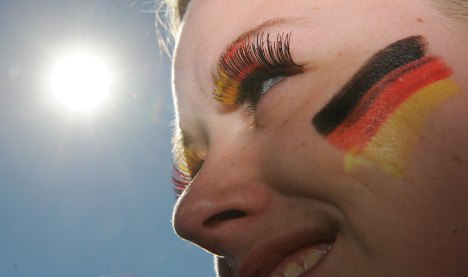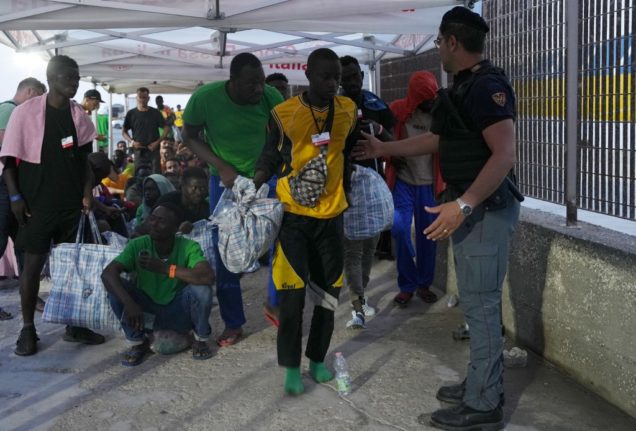Who are the Germans?
When I first came to this country two decades ago, the answer was pretty clear: Being German meant you were German by blood – even if your family had spent the last few centuries living along the Volga River.
If you were a recent immigrant from Turkey, Vietnam, Portugal or elsewhere, you might have had citizenship but many people didn’t really consider you a German back then. This attitude led to all sorts of integration problems in the 1990s. There was a huge influx of Russian-speaking “Germans” after the Iron Curtain fell, but other “immigrants” of the second and third generations born here never felt completely accepted in their adopted home.
Fortunately, it seems such antiquated views of German-ness are finally changing in favour of a modern, values-based interpretation of what it means to be a citizen of Germany.
According to a survey released this week, criteria such as mastering the language and adapting to society have superseded the question of ancestry when it comes to whether someone is considered really “German” these days.
Of course, as Germans have become more welcoming of outsiders willing to integrate, newcomers have become keener to consider themselves German.
As a well-integrated immigrant myself, I can confirm this shift with my own experiences over the years.
Back in 1992, a “Greek” university student who was born and raised in Baden-Württemberg told me she would never consider herself German because she had grown up being told she wasn’t one. I imagine the poor woman is still living in her own cultural limbo.
Fast-forward 18 years to the 2010 football World Cup: Germany fielded a multicultural national team reflecting the diversity of the country’s society – something that would have been unthinkable not so long ago. That Mesut Özil, who grew up in the gritty Ruhr Valley, plays for Germany and not Turkey has made him an example to people on both sides of the integration equation.
With Germany facing a demographic implosion in the coming decades, immigration and integration will only grow in importance. Germans from all walks of life have to be encouraged to have more children to ensure Europe’s largest country doesn’t collapse. But the fact is, Germany will not keep its economy booming nor will it be able to support its cherished welfare state without more immigrants, too.
So it’s encouraging to see that those valuing this society and having a stake in its future are now being considered German. I know I’ll be raising a tasty Teutonic beer to salute them tonight.
Marc Young



 Please whitelist us to continue reading.
Please whitelist us to continue reading.
Member comments